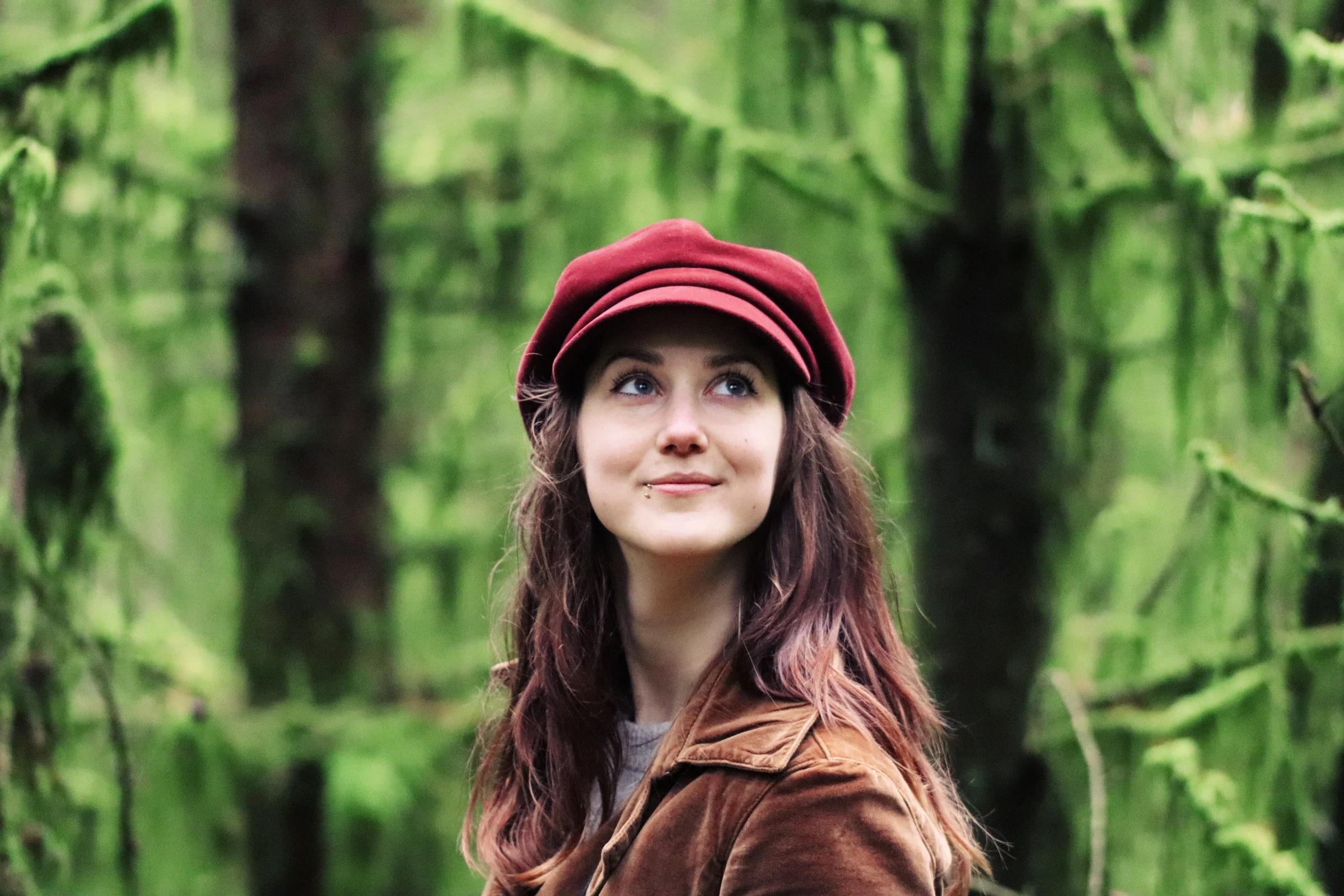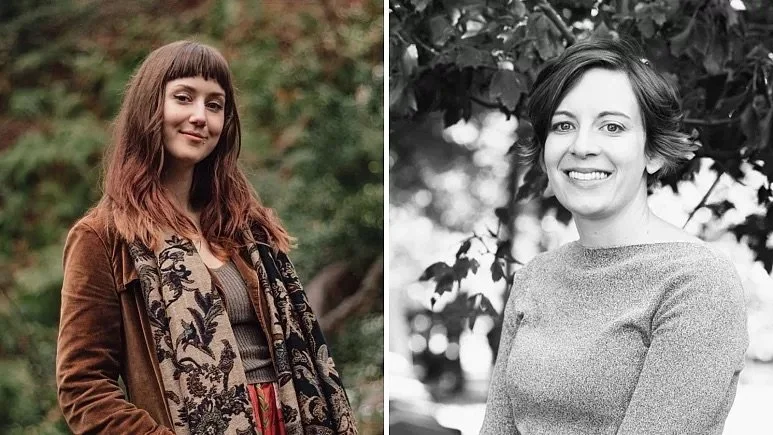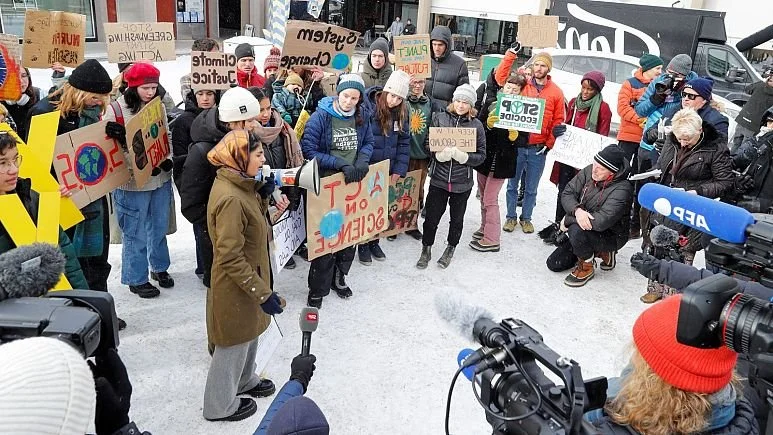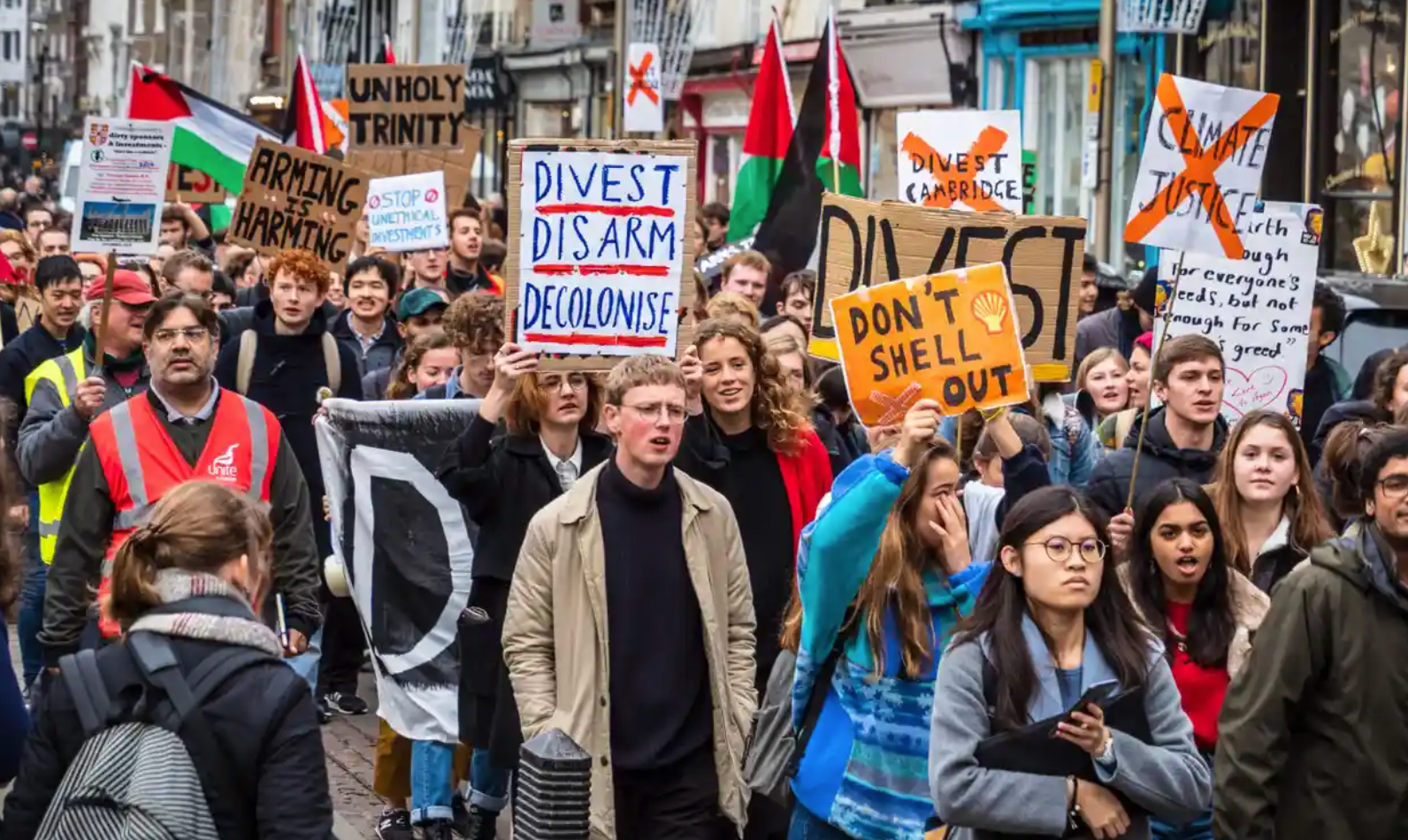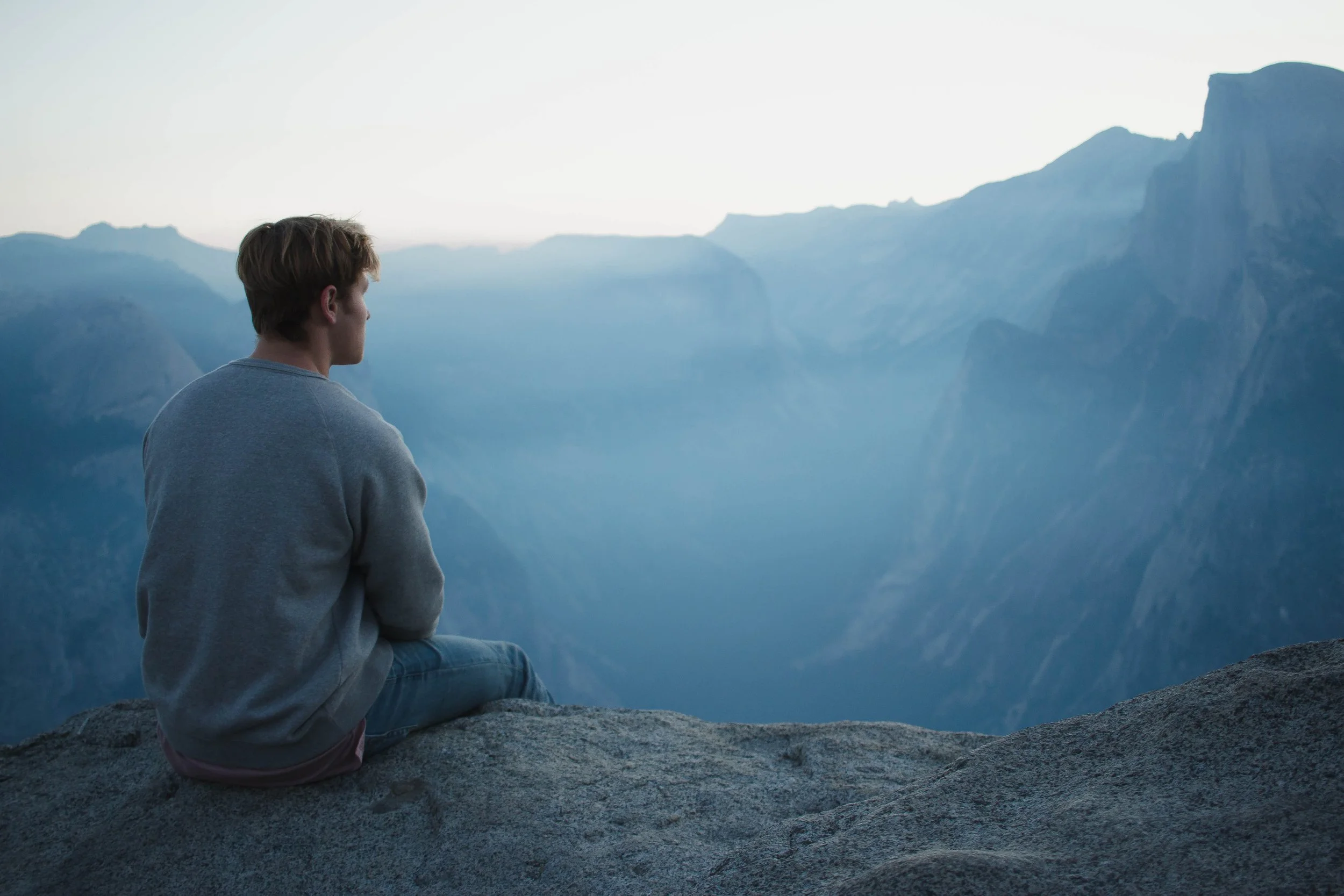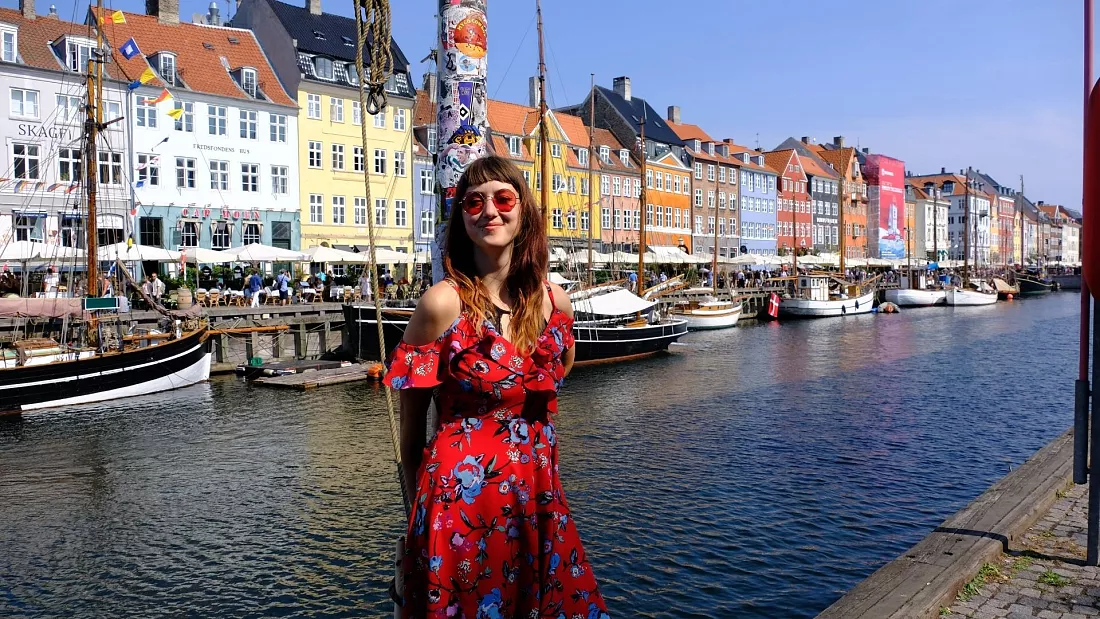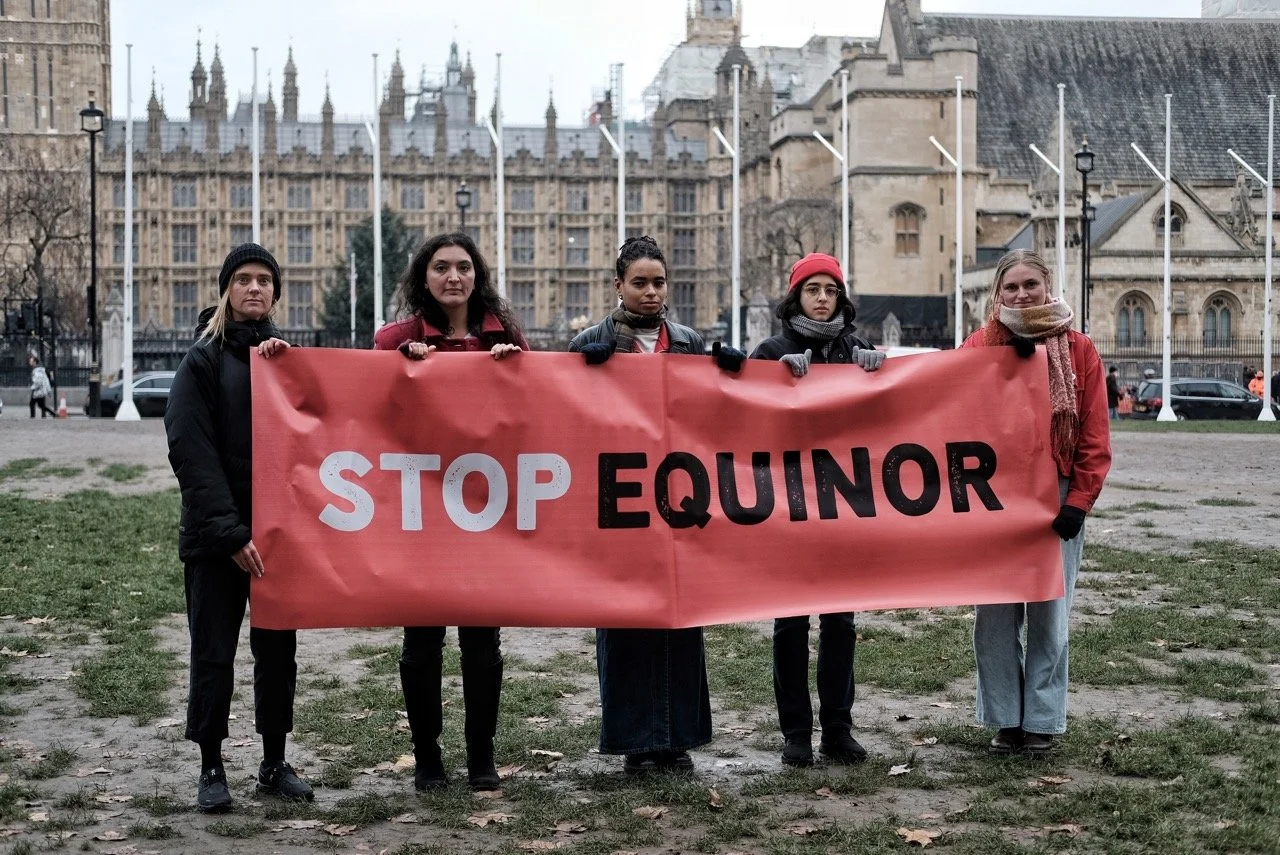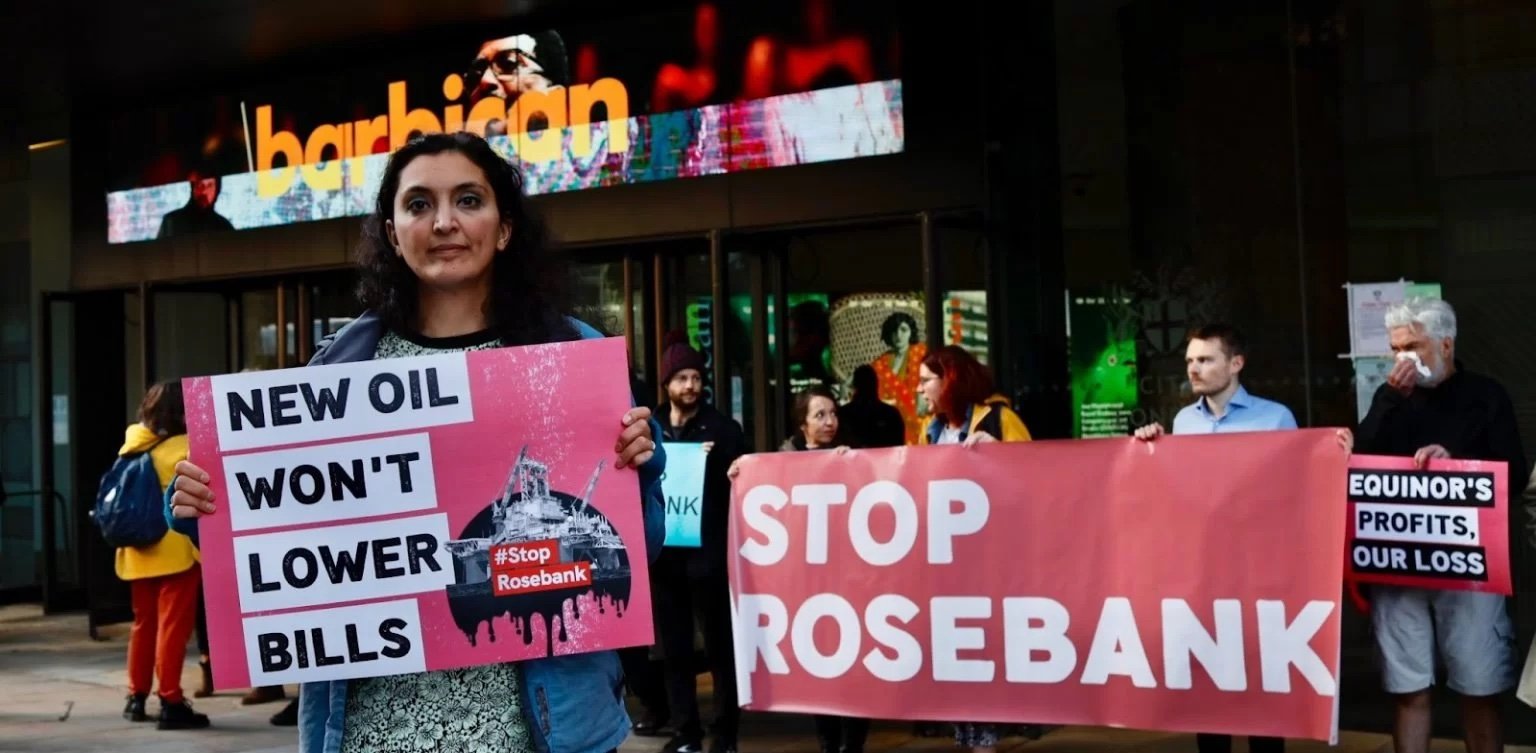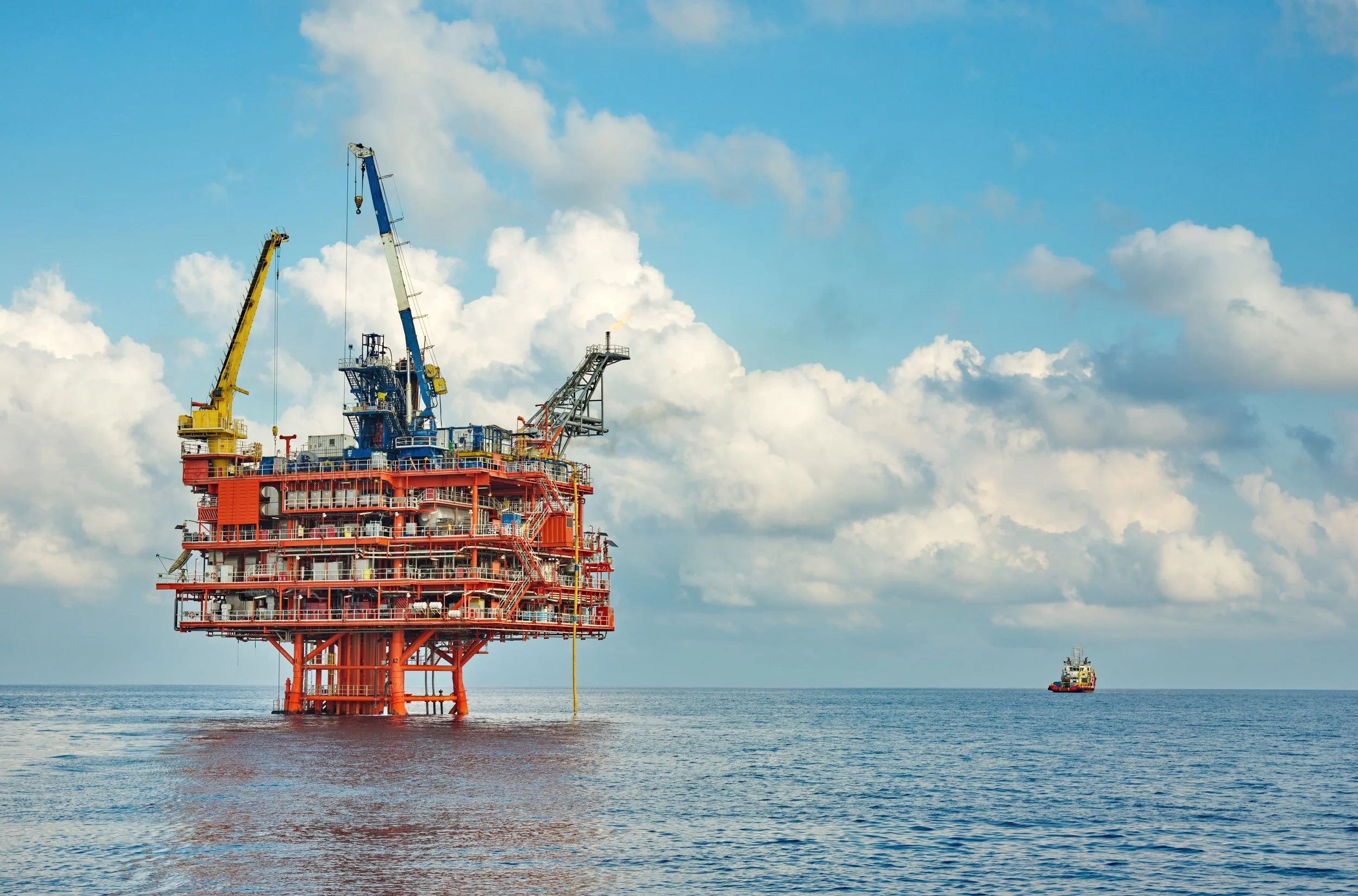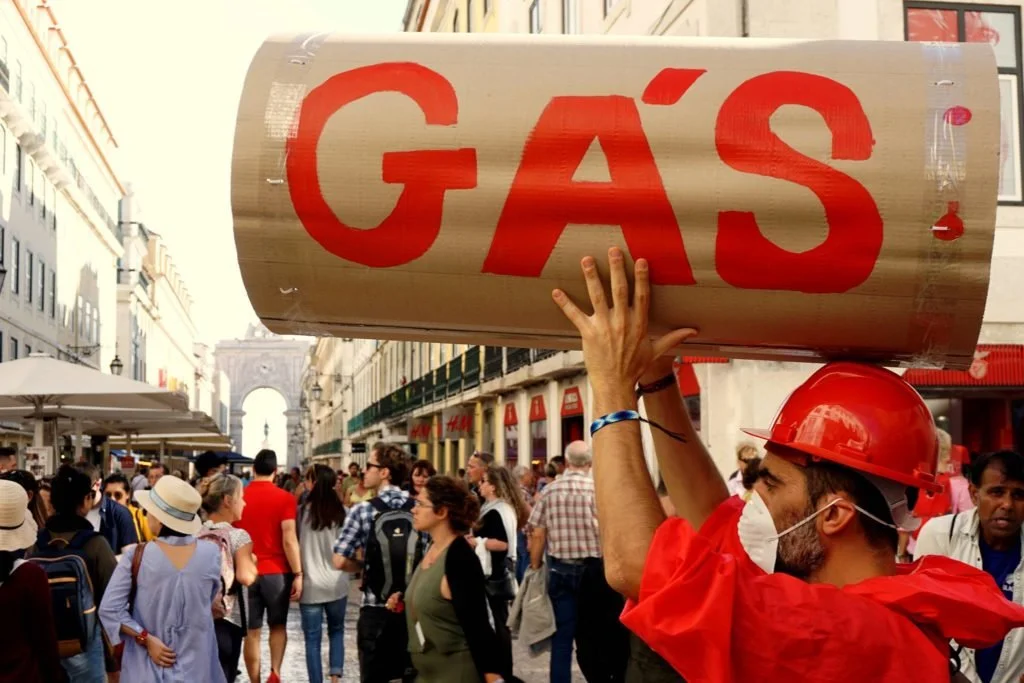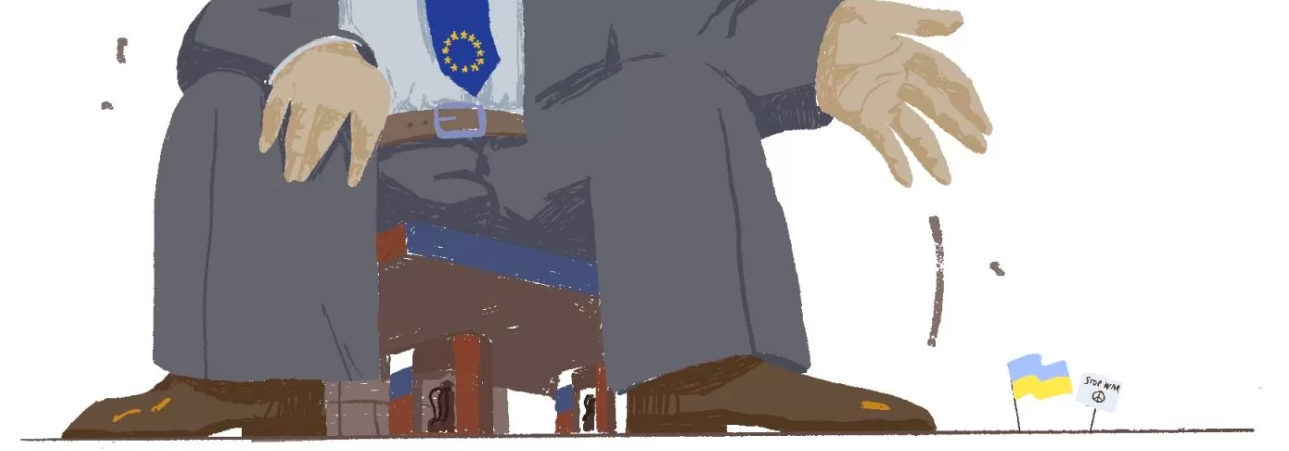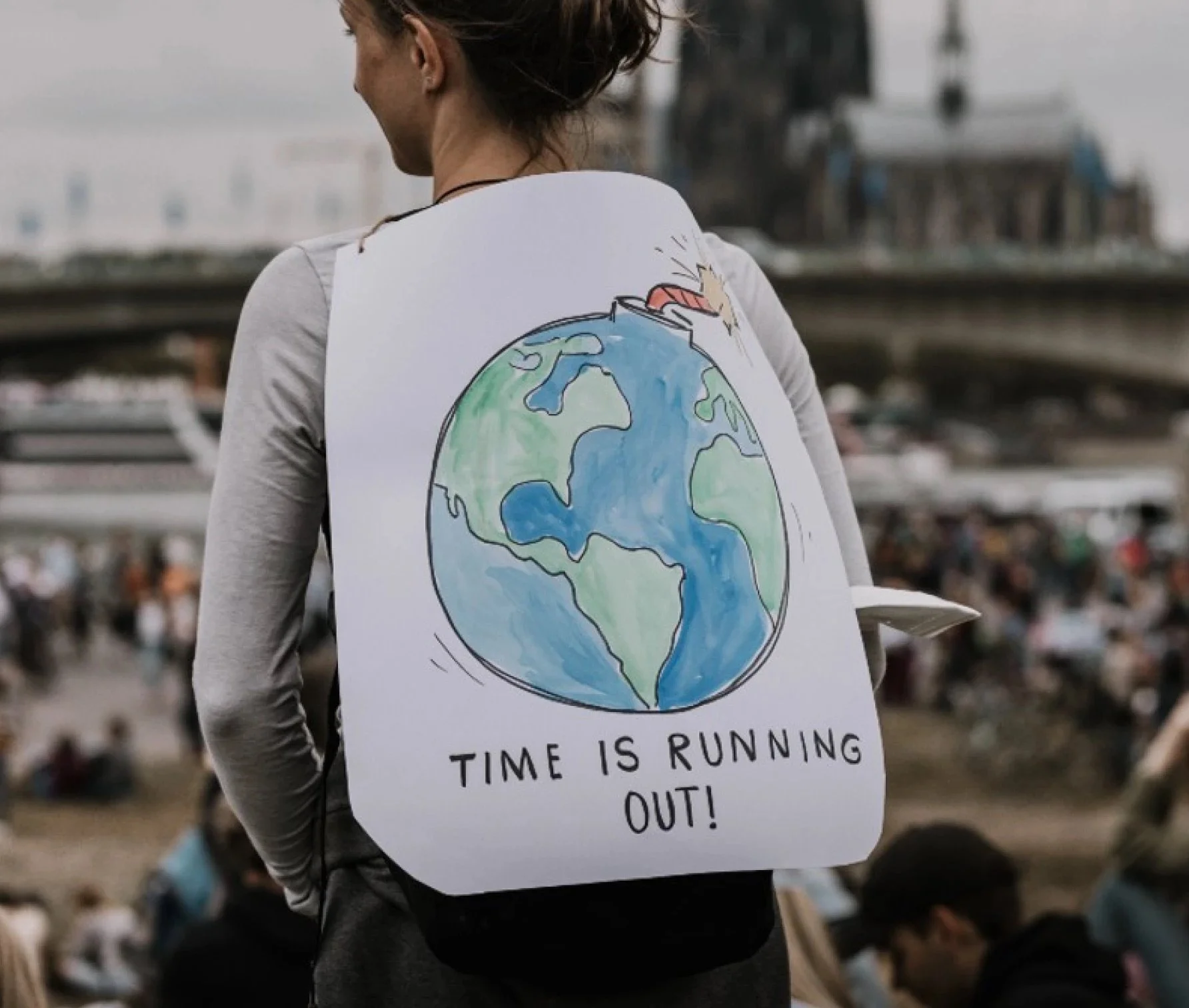Hi! I’m Jessica, a climate psychologist,
activist and writer.
I am a climate psychology and communication researcher with a particular interest in solutions-focused framing and storytelling. I write, speak and teach about effective climate communication, how the climate crisis affects our mental health, and taking impactful action from a psychological lens. I’m an advocate for intersectional approaches to environmentalism, and the importance of cultural values in creating fair and community-led solutions.
I’m the Director of Research and Development at climate communications initiative New Zero World, an adviser to the HERO UK Climate Justice Circle and a campaigner in the Stop Rosebank coalition. I also work as an independent behavioural science consultant, train activists on effective communication and work with schools and universities, supporting students to find their place in the climate movement. I focus on making complex topics around climate, intersectionality and mental health more accessible and am a leading speaker on these topics, having worked with groups and organisations across the world.
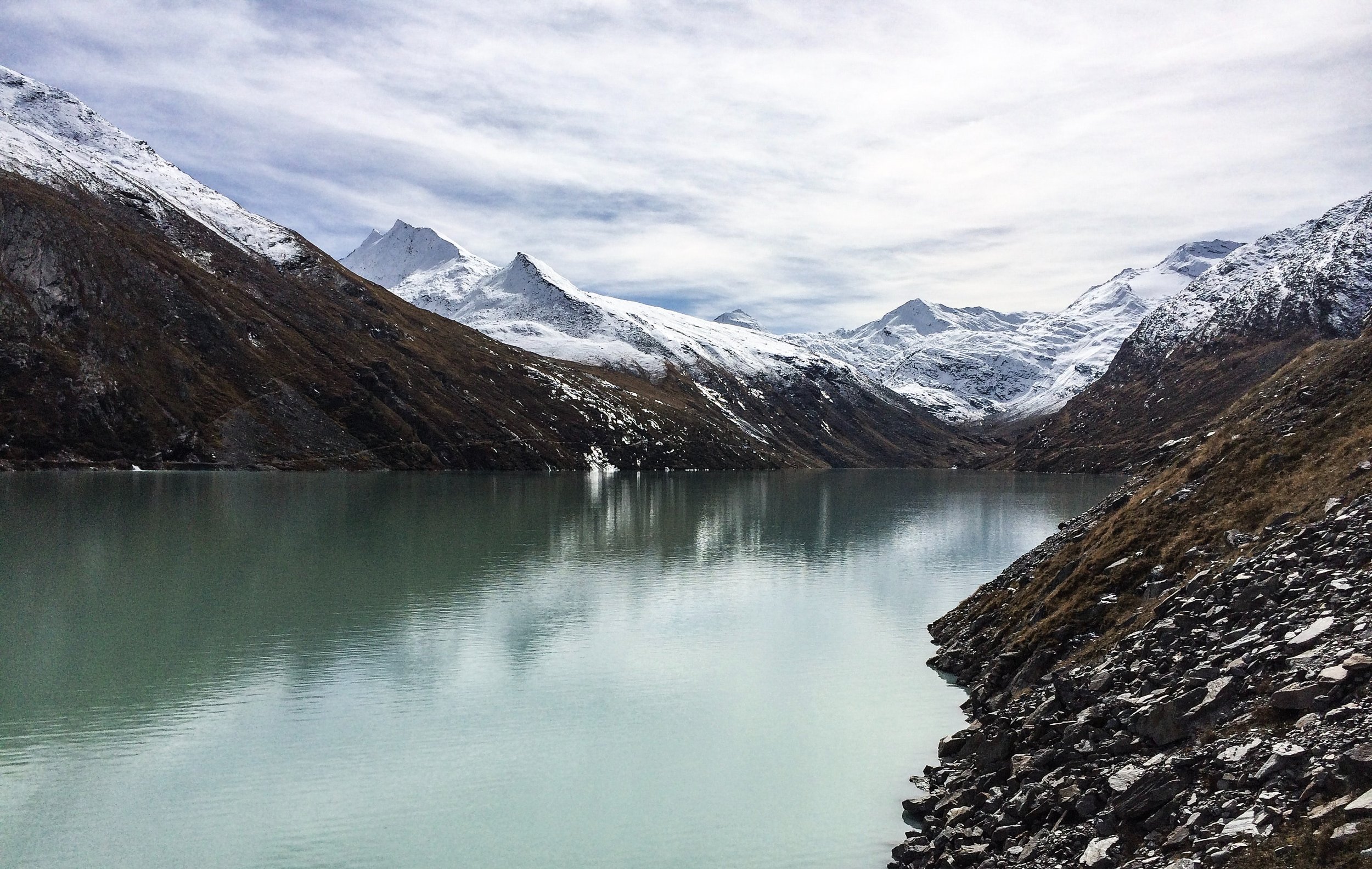
Latest writing
Read my paper: “Not about us without us - the feelings and hopes of climate-concerned young people around the world”
I co-authored my first peer-reviewed research paper on climate and mental health with the Institute of Global Health Innovation at Imperial College London, which has now been published in the International Review of Psychiatry.
It was written by 23climate-concerned young people around the world, outlining how the climate crisis and political inaction affect mental wellbeing, and how society can deal with these concerns in a more functional and supportive way.
“On the mind: Climate anxiety”
Interview with Riverford
For World Mental Health Day, I was interviewed on on climate anxiety and the research behind it for Riverford’s Wicked Leeks magazine . I speak about avoiding despair, channelling difficult climate emotions into action, and how I deal with doing climate work full-time.
”Rather than demonising climate deniers and skeptics, it’s helpful to remember that often, those behaviours can actually stem from climate anxiety, and what people need is a more functional way of dealing with emotions.”



